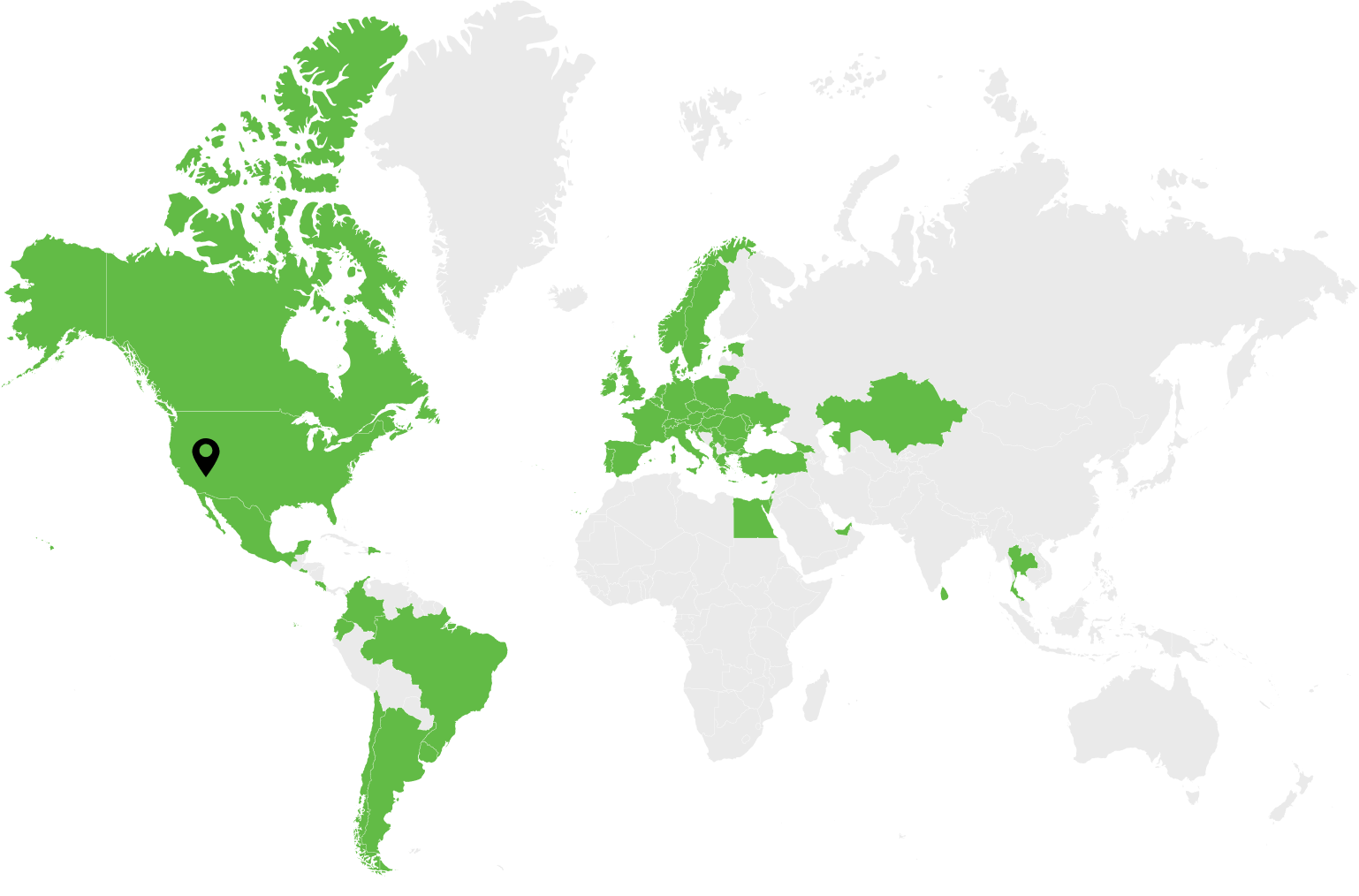Perhaps no industry in the world faces as many challenges as healthcare on any given day. Amid growing populations, emerging chronic illnesses, rising costs, and rapid technological change, healthcare providers are tasked with complex and critical responsibilities. At the same time, they strive to improve patient care, user experiences, and workplace challenges.
Within this dynamic environment, AI is simultaneously fueling a digital transformation in healthcare, while helping solve some of its biggest challenges. Whether enhancing operational workflows or speeding up clinical research, AI is ultimately serving the top priority among providers: improving patient outcomes.
Medical Diagnostics and Disease Detection
AI is transforming early disease detection and medical diagnostics by analyzing complex data sets with unmatched speed and precision.
AI-Powered Imaging Analysis to Detect Disease
Automated medical image classification is one of the most prominent applications of AI among medical professionals today. Research shows that AI can match or surpass the diagnostic performance of human specialists across various image-based fields such as radiology, dermatology, pathology, and cardiology.
Predictive Analytics for High-Risk Patients
Predictive analytics studies patient histories and genetic information to identify individuals at risk for chronic conditions like diabetes and heart disease. By tapping into vast data resources, AI supports earlier interventions, personalized treatments, and fewer hospital admissions.
Medical Guidance from Virtual Assistants and Chatbots
AI-powered virtual assistants and chatbots are becoming integral to patient engagement and triage. These tools provide 24/7 support by guiding users through symptom assessments, answering common health questions, and recommending appropriate care pathways. AI chatbots like those used by Babylon Health and Ada are integrated with wearable devices to deliver real-time wellness insights that keep patients and caregivers informed.
Drug Discovery & Research
With its ability to recognize patterns in massive biological and chemical datasets, AI is streamlining drug research and development.
Accelerated Drug Development
Roche, a global pioneer in pharmaceuticals and diagnostics, explains that developing new medicines is a complex, resource-intensive process with a high failure rate. Around 90% of drug candidates fail during preclinical or clinical trials, and confirming their effectiveness can take over 10 years. Harnessing AI can significantly improve drug research by enabling faster analysis and better predictions.
Identifying New Compounds with Predictive Modeling
AI-driven predictive modeling accelerates drug discovery by analyzing vast datasets to identify promising compound structures before lab testing. Machine learning (ML) algorithms evaluate molecular interactions, toxicity, and efficacy to prioritize the most viable candidates. This approach reduces trial-and-error processes and shortens development timelines.
Automation in Hospital Administration
AI technologies are being used to optimize hospital workflows and improve operational efficiency across departments.
Reduced Administrative Burdens
As Forbes explains, “Frontline caregivers have become increasingly burdened with managing complex workflows and administrative tasks. From staff schedule creation and conflict resolution to administrative duties like charting, clinicians and nurses often find themselves bogged down by manual, repetitive tasks.” With AI, medical professionals can reduce administrative burdens so they have more time to focus on quality patient care.
Improved Efficiency for Billing & Insurance
AI enhances efficiency in billing and insurance by automating claim processing, detecting errors, and verifying patient information. Studies show that AI can boost productivity for office-related tasks by up to 40%. By enhancing accuracy and minimizing delays, AI-powered tools help ensure faster insurance payouts and reduce the likelihood of billing disputes.
Challenges to Consider When Implementing AI in Healthcare
Despite its many advantages, integrating AI into healthcare presents several challenges that must be addressed before implementation.
Data Quality & Integration
While AI is an extremely powerful tool, it’s only as good as the data it is presented with. Fragmented data sources that pull from electric health records (EHRs), wearables, and third-party platforms are often incompatible. Similarly, incomplete or biased datasets from patient populations or workplace models pose risks with skewed insights.
Compliance & Patient Privacy
AI systems must comply with strict data protection laws like HIPAA that ensure patient health information is secure. Maintaining patient trust is another huge issue in the age of AI. The rise of sophisticated healthcare technologies has led many to question how ethically their health data is being handled.
Digital Transformation
Legacy systems that don’t support modern technologies also present challenges with AI. Likewise, implementing AI solutions at scale requires careful planning, technical expertise, and strong change management practices. Such issues make digital transformation initiatives with AI complex, time-consuming, and resource-intensive.
Conclusion
As healthcare continues to evolve with innovations like predictive analytics and personalized treatments, Forbes estimates the AI market in this sector will hit $427.5 billion by 2032. While clinical areas are an obvious starting point for AI implementation in healthcare, the technology also has the potential to revolutionize operational and administrative workflows.
With the healthcare industry under strain from chronic illnesses, cost pressures, and a growing population, AI is stepping in to ease operational demands and accelerate treatments that improve patient care.
Don’t Let Legacy Systems Hold You Back
Falling behind on AI adoption can cost your healthcare organization time, resources, and patient trust. Accelerate your digital transformation with expert outsourcing services that support seamless AI implementation.
Book a consultation with Dev.Pro today!

